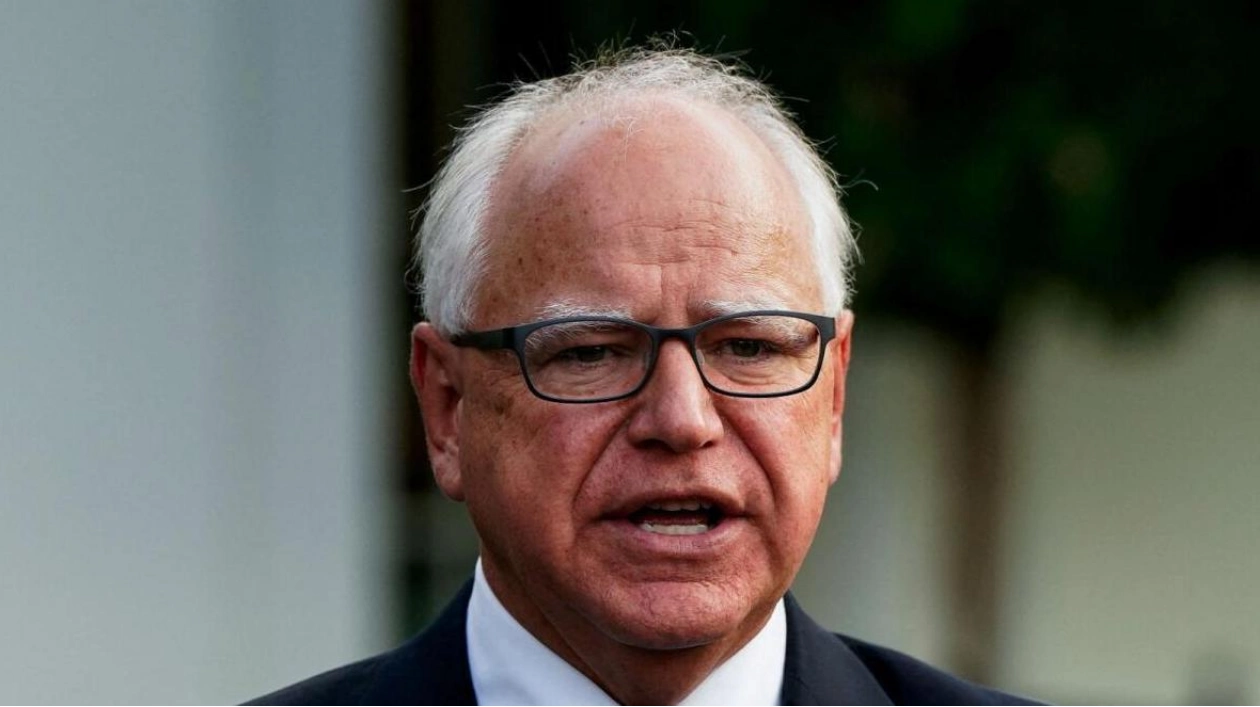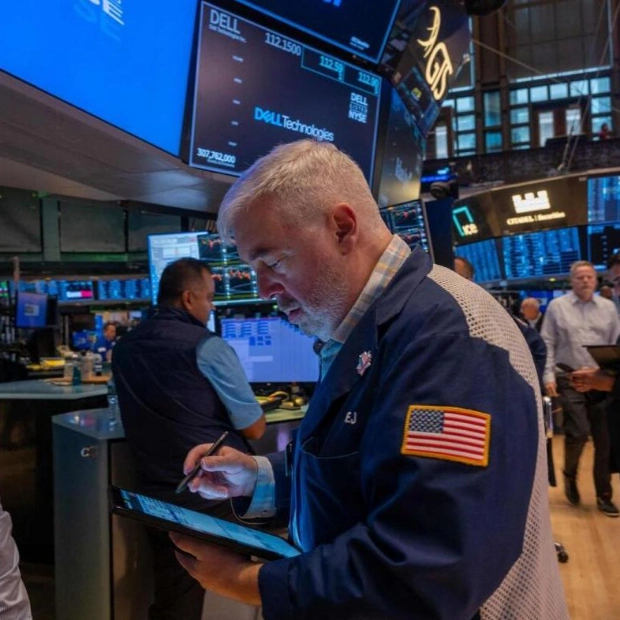Democratic presidential candidate Kamala Harris announced on Tuesday that she has chosen Minnesota Governor Tim Walz as her vice-presidential running mate. Insiders reveal that Harris selected Walz, a progressive advocate and straightforward speaker from the American Midwest, aiming to appeal to rural, white voters. Walz, a 60-year-old veteran of the US Army National Guard and former educator, was first elected to the US House of Representatives in 2006, representing a district that leaned Republican. After serving for 12 years, he was elected governor of Minnesota in 2018. During his tenure, Walz has promoted a progressive platform that includes free school meals, climate change initiatives, middle-class tax cuts, and extended paid leave for Minnesota workers. Although Walz has historically supported women's reproductive rights, his representation of a rural district in the House also reflected a conservative stance, particularly in defending agricultural interests and advocating for gun rights.
Harris, whose parents immigrated from Jamaica and India, is pairing with a well-regarded Midwestern politician whose state consistently votes Democratic in presidential elections but is strategically close to Wisconsin and Michigan, key battleground states. These states are pivotal in the upcoming election, and Walz is recognized for his ability to connect with white, rural voters who have predominantly supported Republican candidate Donald Trump in recent years. The Harris campaign believes that Walz's extensive National Guard experience, his successful stint as a high school football coach, and his humorous 'Dad joke' videos could attract voters who are not yet committed to another term for Trump. Harris, 59, has revitalized the Democratic Party's prospects for victory since becoming the party's nominee after President Joe Biden withdrew his faltering re-election campaign on July 21.
Walz was relatively unknown on the national stage until the vice-presidential selection process intensified, but his profile has since risen significantly. A well-liked member of Congress, he reportedly received support from influential former House Speaker Nancy Pelosi, who played a crucial role in persuading Biden to exit the race. Harris and Walz will compete against Trump and his running mate, JD Vance, a fellow military veteran from the Midwest, in the November 5 election. Walz, often seen campaigning for Harris in casual attire, has criticized Trump and Vance as 'weird,' a label that has resonated with the Harris campaign, social media, and Democratic activists. In a late July interview, Walz described the opponents as 'weird people' who advocate for book bans and interfere with women's healthcare consultations.
Walz has also challenged Trump and Vance's claims of representing the middle class, questioning their understanding of everyday Americans. His approach has resonated with young voters, a crucial demographic for Harris. Political science professor Ryan Dawkins at Minnesota's Carleton College described Walz as a 'unicorn,' capable of conveying Harris's message to core Democratic voters and those the party has struggled to reach. Despite supporting Democratic Party principles on issues like abortion, same-sex marriage, and the Affordable Care Act, Walz maintained a centrist voting record during his congressional tenure. He defended government support for farmers and veterans and upheld gun rights, earning praise from the National Rifle Association. However, he later received a failing grade from the NRA after supporting gun control measures during his gubernatorial campaign.
Walz's transition from a centrist in Congress to a progressive governor might reflect the demands of urban voters in Minneapolis-St. Paul, but it exposes him to Republican attacks. Dawkins noted that Walz risks reinforcing negative perceptions of Harris as a 'San Francisco liberal.' Walz counters this criticism by highlighting his policies that support children's education and women's healthcare decisions. As governor, he mandated face coverings during the Covid-19 pandemic and signed legislation criminalizing marital rape. He navigated several years of budget surpluses leading to his 2022 re-election, supported by influential labor unions. Walz's governorship was also marked by the high-profile killing of George Floyd, where he assigned the state's attorney general to lead the prosecution, emphasizing the need for justice.






